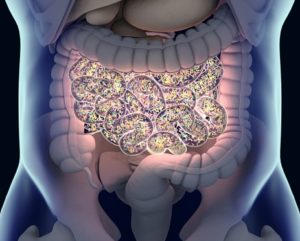A review highlighted kidney transplant recipients’ vulnerability to Clostridioides difficile infection (CDI) due to their need for long-term immunosuppression, which weakens their infection response. The disruption of gut microbiota by antibiotics further exacerbates this risk, making it crucial to understand the interaction between immunosuppression, dysbiosis, and CDI.
The review provides a comprehensive overview of the epidemiology, clinical features, risk factors, and management strategies for CDI in kidney transplant recipients. It discusses the role of immunosuppressive therapy and frequent antibiotic use in increasing susceptibility to CDI and highlights the importance of preserving gut microbial diversity through antimicrobial stewardship and preventive measures. Emerging therapies such as monoclonal antibodies, fecal microbiota transplantation, and probiotics show promise in managing CDI. Future research should focus on developing targeted interventions to improve outcomes for kidney transplant recipients with CDI.
Reference: Ding U, Ooi L, Wu HHL, et al. Clostridioides difficile Infection in Kidney Transplant Recipients. Pathogens. 2024 Feb 4;13(2):140. doi: 10.3390/pathogens13020140. PMID: 38392878; PMCID: PMC10892420.









